The Complete Men's Ring Size Guide: Measurement, Fit, and Global Charts
Choosing the right ring for men often presents a unique set of challenges compared to women’s sizing, as comfort and fit are heavily influenced by wider band widths and lifestyle factors.
Whether you are shopping for a men’s wedding band, a stylish signet ring, or a gift, finding the accurate men’s ring size is crucial for a comfortable, secure fit. The common frustration of a ring that slides off or pinches after a long day can be easily avoided!
Our complete men’s ring size guide breaks down everything you need to know, from measuring larger fingers and accommodating wide band widths to using an existing ring to determine size, ensuring you confidently find the perfect fit the very first time.
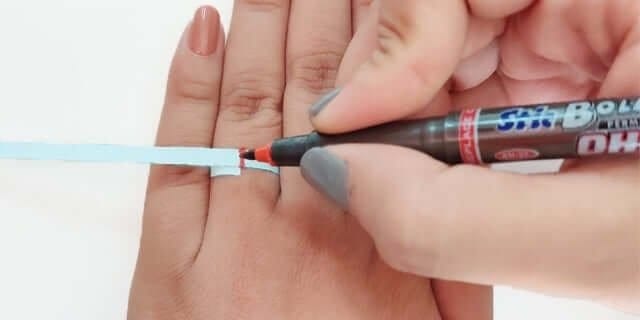
Summery :
You’ve probably heard all kinds of “guidelines” concerning men’s ring sizing–some swear you can guess it from shoe measurements, others claim there’s a universal standard. But how much of this is myth, and how much is fact? This guide clarifies.
Our fact-first men’s band size guide explores myths vs truths, from measuring at home to professional sizing, international conversion charts, and comfort-fit factors. Whether shopping in India or the West, you’ll find evidence-based advice for getting the perfect fit.
Table of Content
1. Comprehending Men’s Ring Sizes
2. Top 10 Myths vs Facts in Ring Sizing
3. How to Measure Men’s Ring Size Accurately
4. Normal Ring Sizes for Men (India & West)
5. Comfort Fit vs Standard Fit Rings
6. Wide Bands vs Narrow Bands: Sizing Adjustments
7. Compare Smartly: Men’s vs Women’s Sizes, US vs UK Systems
8. Decision Framework for Buyers
Men's Ring Sizes : Basics
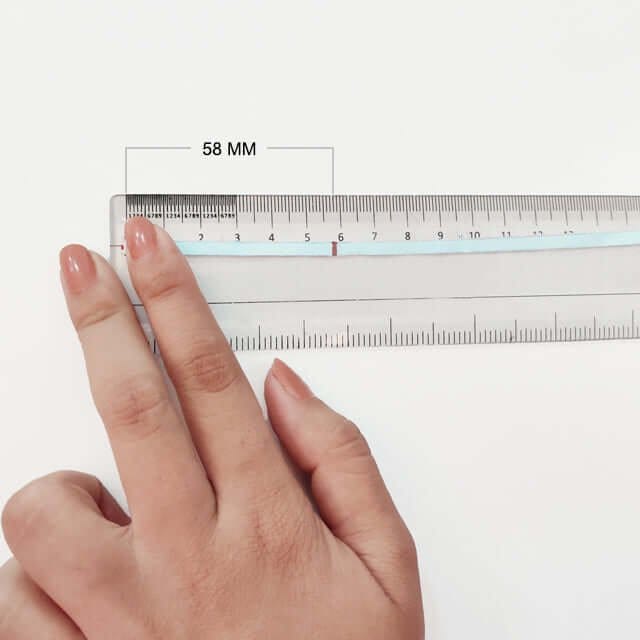
A men’s ring size is the internal diameter of the band, measured in millimeters and mapped to regional systems (US numbers, UK letters, EU millimeters). Precision matters: even half a size can affect comfort. In India, jewelers commonly use the US sizing system, while in Europe and parts of Asia, millimeter-based charts dominate. This mix makes international conversions vital.
Historical Context: Early ring sizing dates back to guild specifications in Europe, but only in the 20th century did standard US/UK units spread to luxury jewelry markets globally.
Top 10 Myths vs Facts in Ring Sizing
- Myth 1: Men’s ring size is always 10. Fact: Average varies: US ~10-11, India ~18-20 mm (approx size 8-9).
- Myth 2: Shoe size equals ring size. Fact: No scientific link.
- Myth 3: A comfortable fit means the ring is straight. Fact: Rings should slide over the knuckle with slight resistance, not tight.
- Myth 4: Size is constant year-round. Fact: Fingers swell in heat and shrink in cold; measure at room temperature.
- Myth 5: Wider bands don’t affect size. Fact: Wide bands often require ½-1 full size up.
- Myth 6: Standard vs comfort fit makes no difference. Fact: Comfort-fit bands feel looser even with the same size.
- Myth 7: Online charts are unreliable. Fact: Print-to-scale charts can be accurate.
- Myth 8: Rings cannot be resized. Fact: Most metals can, except titanium, tungsten, or eternity bands.
- Myth 9: One measurement is enough. Fact: Measure 2-3 times at different times of day.
- Myth 10: Men don’t wear engagement rings. Fact: Growing trend, especially in Western and urban Indian markets.
How to Measure Men's Ring Size Accurately
- Professional Jeweler: Most reliable; uses metal sizing rings or digital calipers.
- At Home (DIY): Use string or paper strip around the finger, mark overlap, measure in mm, and match to a sizing chart.
- Printable Chart: Download, print-to-scale, and compare against an existing ring.
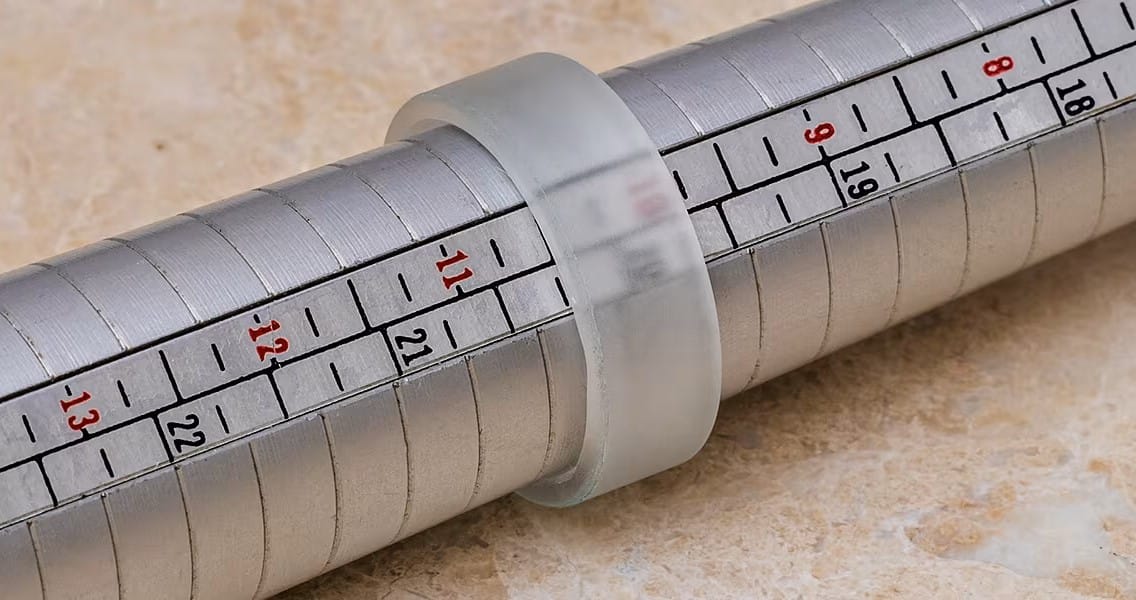
Measure at the end of the day when fingers are slightly swollen. Avoid mornings or post-exercise. Repeat 2-3 times for accuracy.
Average Ring Sizes (India & West)
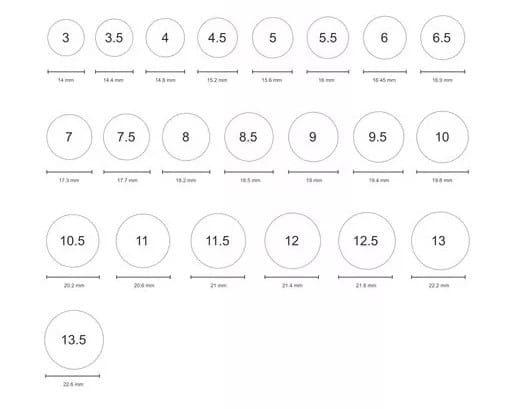
- US/Western average: size 10-11 (19.8-20.6 mm).
- Indian standard: size 8-9 (18-19 mm).
- Smallest common: US 7 (17.3 mm).
- Largest common: US 13 (22.2 mm).
- Different systems: US numeric (sizes 7-13), UK alphabetic (N-Z), EU/India in millimeters.
- Example: US 10 = UK T½ = 62 mm.
Comfort Fit vs Standard Fit Rings
- Standard fit: flat interior, snug feel.
- Comfort fit: slightly rounded interior, moves easier, feels looser; may feel ½ size larger than standard.
Wide Bands vs Narrow Bands : Sizing Adjustments
- Wide bands (6 mm+): often need ½-1 size up.
- Narrow bands (2-4 mm): closer to actual size.
- Example: 7 mm tungsten wedding band may need size 10 instead of 9.5.
Compare Smartly
Men’s average ~10, women’s ~6. US vs UK systems: numeric vs alphabetic; conversion is key. Comfort vs standard fit: comfort looser, standard tighter. Wide bands need upsizing.
Decision Framework for Buyers
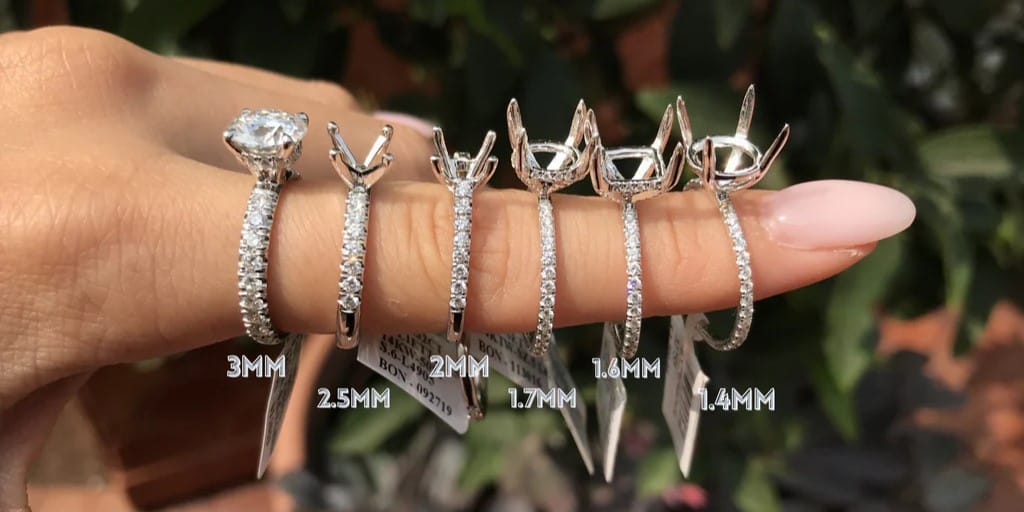
- Size vs sparkle: Don’t compromise fit for style.
- Natural vs lab-grown: Consider ethical sourcing.
- Brand vs quality: Ensure features match, not inflated prices.
- Resizing policy: Always check post-purchase resizing options.
- Lifestyle: Wide/heavy bands suit occasional wear; comfort-fit suitable for daily use.
- Global shipping: Verify conversion charts before ordering online.
Avoid Value Traps in Luxury Sizing
- Don’t overpay for “brand-size guarantees” without certification.
- Avoid jewelers skipping conversion charts.
- Steer clear of “average size only” offerings; luxury should allow customization.
FAQs
What is the average ring size for men?
The average ring size for men varies by region. In Western countries, it typically corresponds to a US size 10–11, while in India, it is usually equivalent to a US size 8–9.
How can I measure my ring size at home?
You can measure your ring size at home by using a piece of string or a strip of paper to wrap around your finger. Then, compare the length to a standard ring size chart to find your size.
Does the width of the band affect the ring size?
Yes, the width of the band can affect the fit. Wider bands usually require sizing up by half to a full size for a comfortable fit.
Can a ring be resized?
Most metals can be resized, but some materials such as tungsten, titanium, and eternity bands cannot be resized.
Are men's ring sizes different in different countries?
Yes, men’s ring sizes vary globally. The US uses numerical sizes, the UK uses letters, and the EU and India often use millimeter measurements.
How tight should a ring fit?
A ring should fit snugly but comfortably. It should slide over the knuckle with a little resistance, without feeling too tight or loose.
What is the best time of day to measure ring size?
The best time to measure your ring size is in the afternoon or evening, when your hands are at their natural size and not swollen.
Typical Mistakes & Fixes
- Using shoe size as a guide. Fix: Measure properly with tools or charts.
- Ignoring width adjustments. Fix: Upsize for wide bands.
- Measuring only once. Fix: Repeat 2-3 times per day.
- Ignoring seasonal swelling. Fix: Measure with medium snugness for year-round wear.
Proof of Craftsmanship
At Primira Luxury, every men’s band is sized with precision-verified against international charts, hallmarked, and paired with resizing policies. Audit trails and certification ensure your fit is both accurate and authentic.
